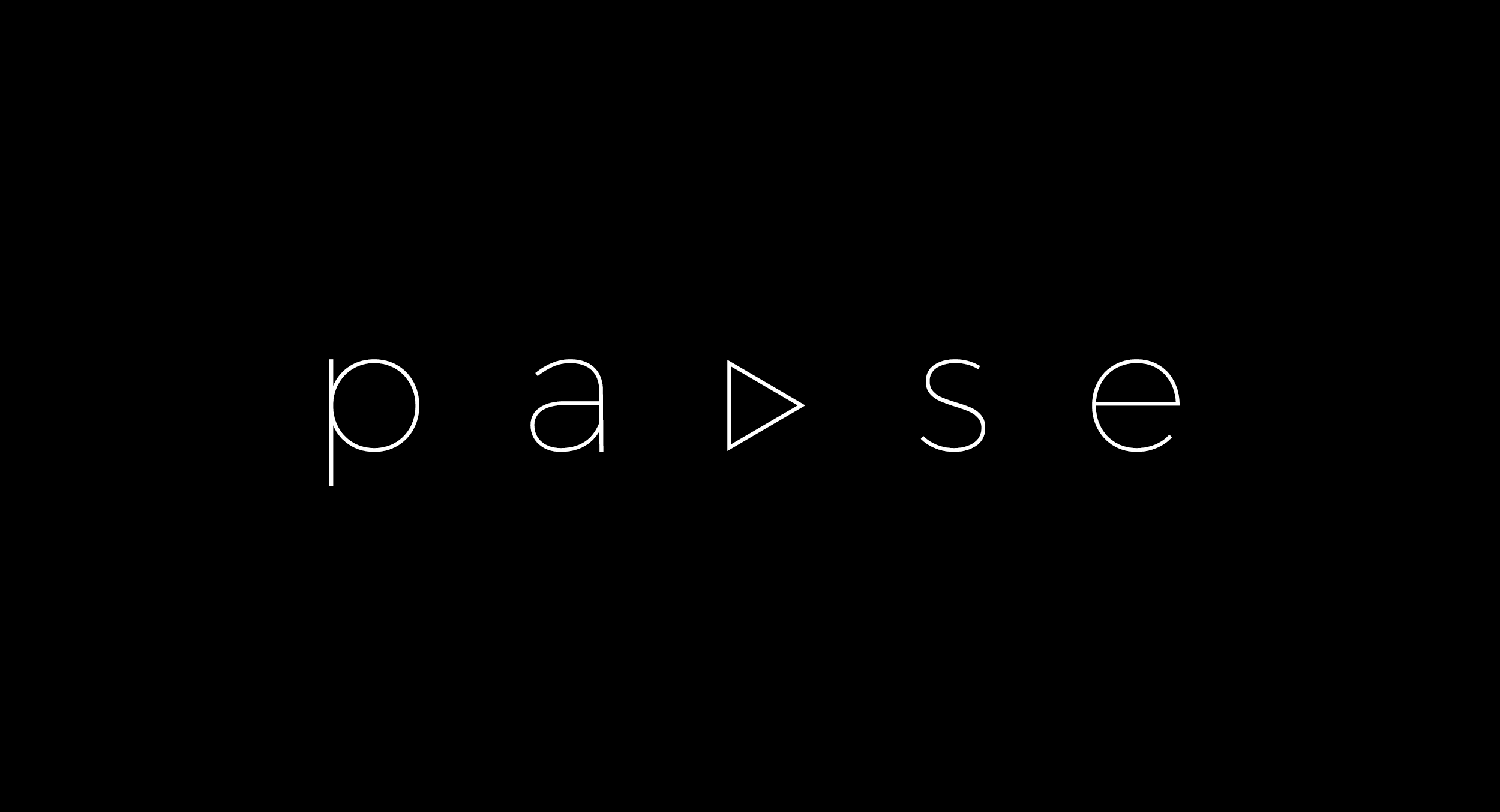Blog
- Where Religion, Consciousness, and Science Converge
The Sacred Synthesis: Where Religion, Consciousness, and Science Converge
Introduction
In an age marked by division, dogma, and the breakdown of traditional narratives, a new frontier is emerging at the convergence of science, consciousness, and spirituality. This intersection does not dilute the essence of religion or reduce science to mysticism. Instead, it weaves together ancient wisdom and modern inquiry to reveal a unified vision of existence that is both deeply rational and profoundly sacred.
1. The Shared Quest for Truth
At their core, both science and religion ask the same essential questions:
Where did we come from?
What is the nature of reality?
Is there meaning beyond the material world?
Science approaches these questions through observation and empirical testing. Religion approaches them through symbolism, revelation, and inner experience. But when both are viewed not as competing systems but as complementary modes of knowing, a richer, more inclusive understanding emerges.
2. Consciousness: The Divine Lens
Perhaps the most powerful point of convergence is the study of consciousness. Quantum physics has dismantled the illusion of a purely objective universe. It has revealed that the act of observation influences the outcome — that consciousness is not merely a product of the brain but may be foundational to reality itself.
Mystical traditions from Vedanta to Sufism have long asserted that consciousness is the ground of all being. The observer is not separate from the observed; awareness is the divine substratum from which the material world unfolds.
3. The Quantum Field and the Divine Matrix
Quantum field theory describes a vibrating, probabilistic field from which all particles arise. This is eerily similar to spiritual concepts like Brahman (Hinduism), the Tao (Taoism), or Ain Soph (Kabbalah): an unmanifest source field that births all form.
Rather than contradicting religion, modern physics often affirms it — not in literal terms, but in metaphoric depth. The language of waveforms, entanglement, and nonlocality mirrors the ancient truths of unity, interconnectedness, and divine presence.
4. Spirituality Without Dogma
As people grow disillusioned with institutional religion, they hunger for something real — a spirituality rooted in direct experience and universal principles. Science can help liberate spirituality from superstition without severing its transcendent core. Practices like meditation, breathwork, and prayer are now validated by neuroscience for their power to regulate emotion, enhance awareness, and elevate well-being.
This does not mean science replaces spirit. It means that when spirit and science collaborate, the result is a sacred technology for human flourishing.
5. Ethical Evolution and the Physics of Compassion
If everything is connected — as both quantum science and mystical religion claim — then ethics is no longer a rulebook. It is a resonance. Compassion, justice, gratitude, and humility are not moral choices; they are energetic alignments with the coherent field of reality.
We are called not merely to believe but to become: participants in the divine evolution of consciousness. To live ethically is to stay in tune with the living frequency of the cosmos.
Conclusion: The Next Step in Human Awakening
The ancient war between religion and science is no longer necessary. In fact, it never was. What we are witnessing now is the dawn of a sacred synthesis — one in which:
Science reveals the mechanics of the miracle.
Spirituality infuses knowledge with meaning.
Consciousness bridges the finite and the infinite.
This intersection is not a compromise. It is a convergence — a new way forward for a species on the edge of transformation. It is the sacred return of wisdom, clothed in the garments of modern understanding.
The question is not whether religion or science is right. The real question is: Can we awaken to the truth they are both pointing toward — together?




No Comments
Signup or login to leave a comment